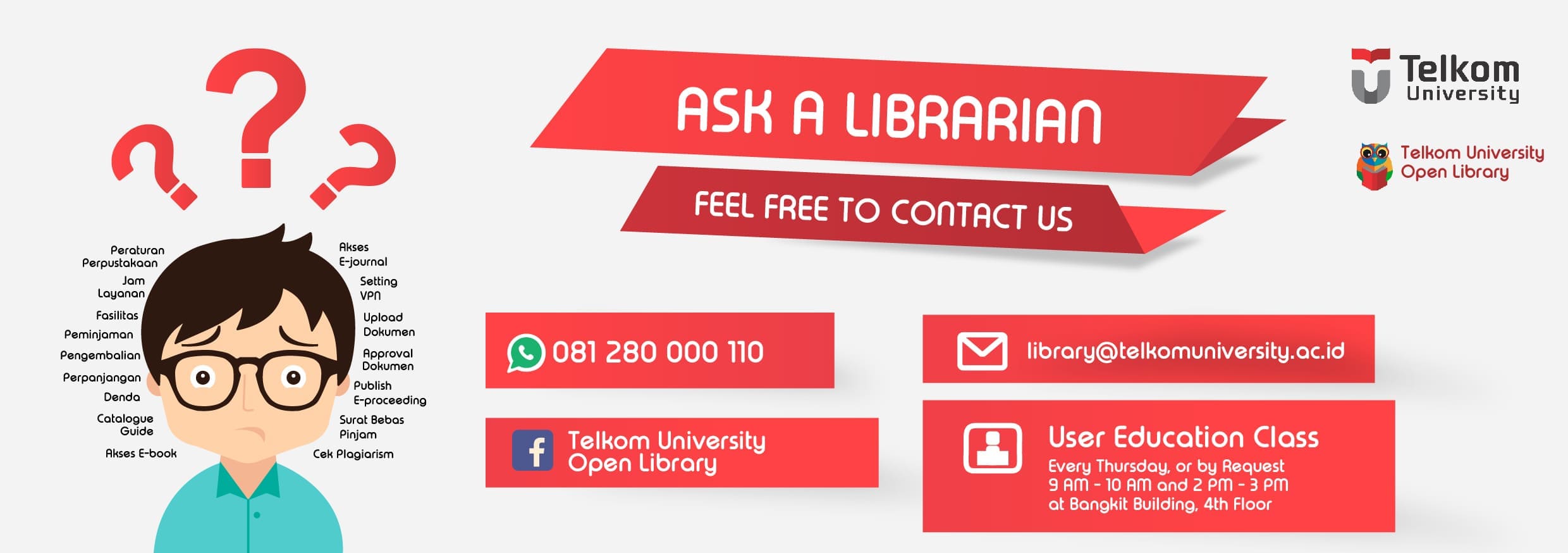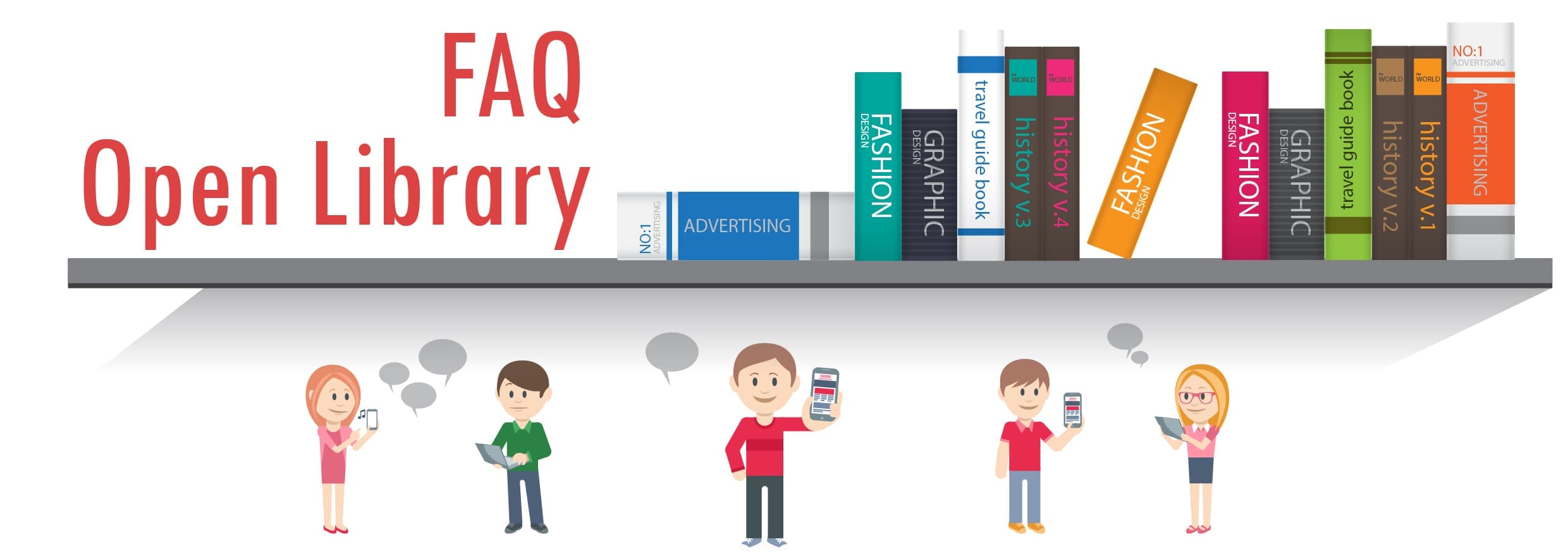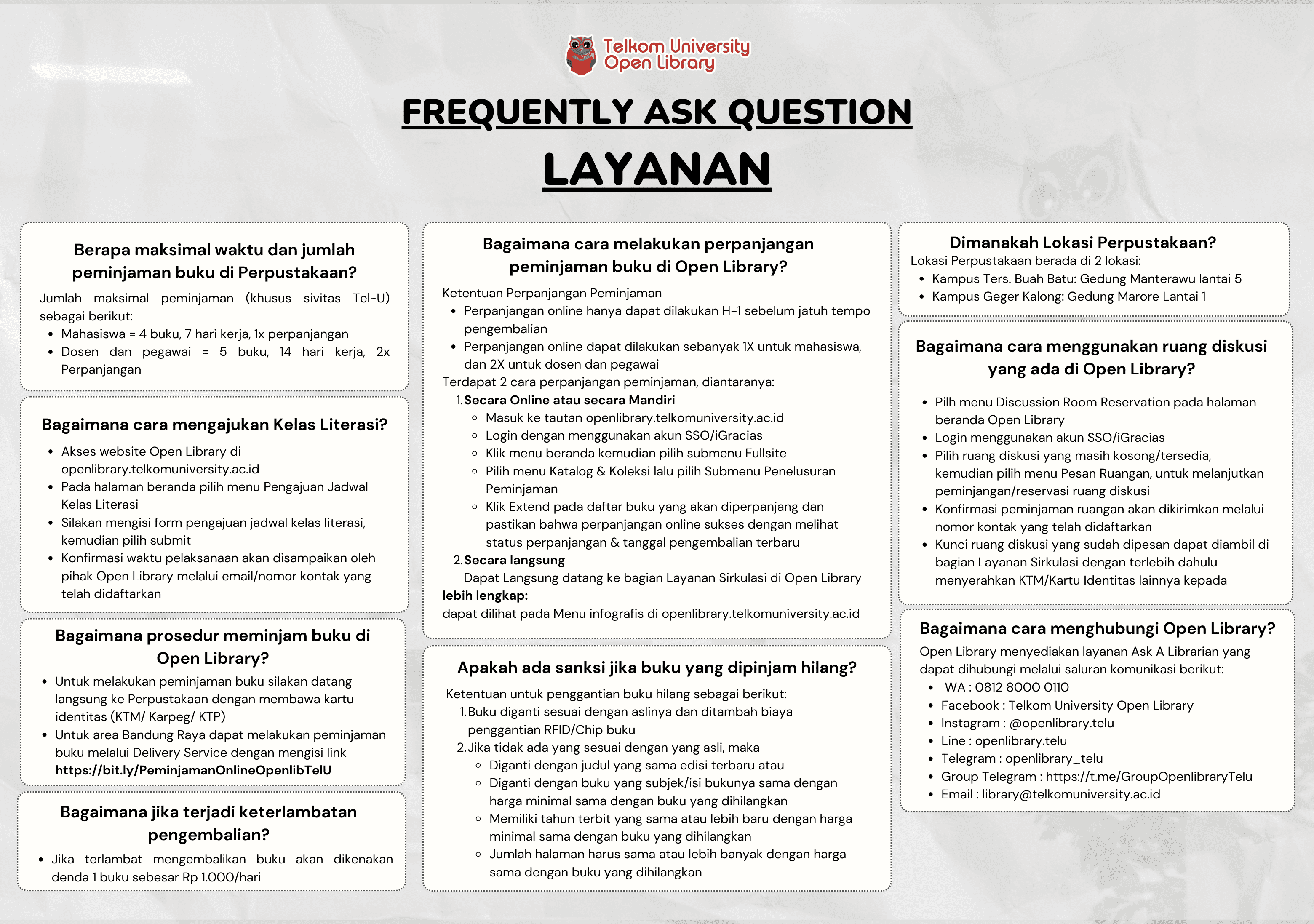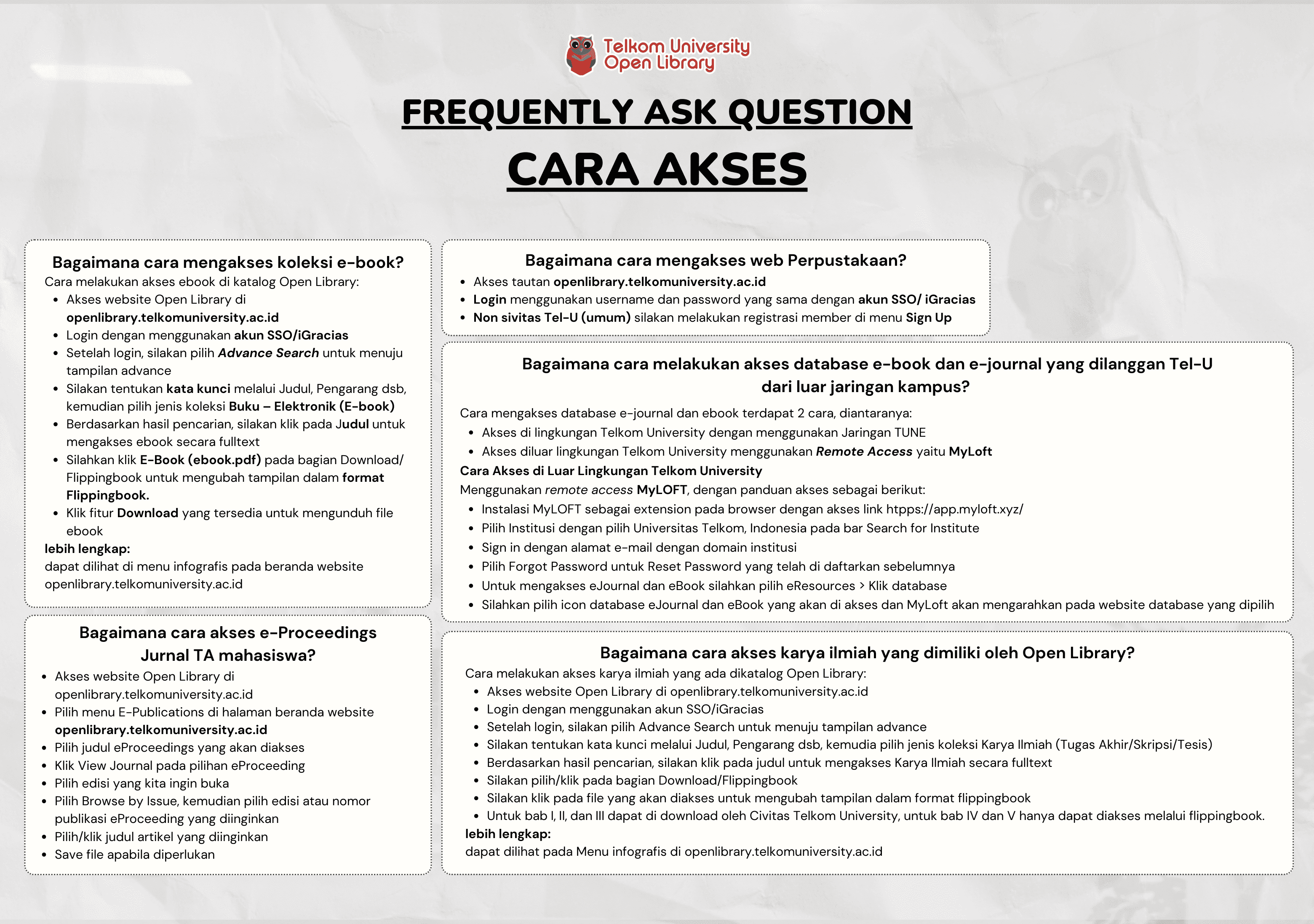THE INFLUENCE OF GREEN UNIVERSITY INITIATIVE ON REUSE INTENTION WITH ENVIRONMENTAL VALUE AS MODERATING VARIABLE IN TELKOM UNIVERSITY - Dalam bentuk buku karya ilmiah
CEPHAS TIMOTHY PARULIAN

Informasi Umum
Kode
25.04.6146
Klasifikasi
000 - General Works
Jenis
Karya Ilmiah - Skripsi (S1) - Reference
Subjek
Supply Chain Management
Dilihat
34 kali
Informasi Lainnya
Abstraksi
The urgent necessity to confront environmental degradation and unsustainable consumption has established higher education institutions as frontrunners in advocating for sustainability. Green University Initiatives (GUI) have been acknowledged as a crucial strategy for promoting environmental accountability inside academic institutions. Telkom University, a prominent educational institution in Indonesia, has instituted various sustainability programs but encounters difficulties in matching these activities with student behaviour. This study seeks to examine the influence of Green University Initiatives on students' intentions to reuse, with Environmental Value (EV) serving as a moderating variable, at Telkom University. The main aim is to evaluate the extent to which GUI impacts students' attitudes, norms, perceived behavioural control, and moral norms about sustainable behaviours.<br /> This research employs a quantitative methodology using a survey of 480 students from Telkom University. Data collection was conducted by questionnaires evaluating the constructs of Attitude Toward Reuse (ATR), Subjective Norms (SN), Perceived Behavioural Control (PBC), Moral Norms (MN), and Reuse Intention (RI). The data were examined utilizing Partial Least Squares Structural Equation Modelling (PLS-SEM) to assess the interrelations among the variables. The research framework is founded on the Theory of Planned Behaviour (TPB), integrating EV as a moderating variable, with GUI as the principal independent variable.<br /> The results demonstrate that GUI favourably affects ATR, SN, PBC, and MN, with SN exerting the most substantial influence on reuse intention. Environmental Value was identified as a moderating factor in the link between MN and reuse intention, however it did not significantly influence other components of the TPB. This indicates that a green university initiative (GUI) alone is inadequate for altering student behaviour, and that internalized environmental ideals are essential for fostering sustainable practices. Moreover, demographic variables including age, faculty, and academic cohort were identified as influencing reuse intentions.<br /> This research enhances the comprehension of how institutional sustainability programs might be improved to promote increased student participation in environmental activities. It underscores the significance of integrating environmental education and values to connect infrastructure and behaviour. In light of these findings, it is advised that Telkom University enhance the visibility of its Green University Initiatives, include sustainability into the curriculum, and foster student-led environmental projects to further advance sustainable practices.<br /> <strong>Keywords</strong>: Green University Initiatives, reuse intention, environmental value, sustainability, Theory of Planned Behaviour, Telkom University
Koleksi & Sirkulasi
Tersedia 1 dari total 1 Koleksi
Anda harus log in untuk mengakses flippingbook
Pengarang
| Nama | CEPHAS TIMOTHY PARULIAN |
| Jenis | Perorangan |
| Penyunting | Ratih Hendayani |
| Penerjemah |
Penerbit
| Nama | Universitas Telkom, S1 International ICT Business |
| Kota | Bandung |
| Tahun | 2025 |
Sirkulasi
| Harga sewa | IDR 0,00 |
| Denda harian | IDR 0,00 |
| Jenis | Non-Sirkulasi |




















